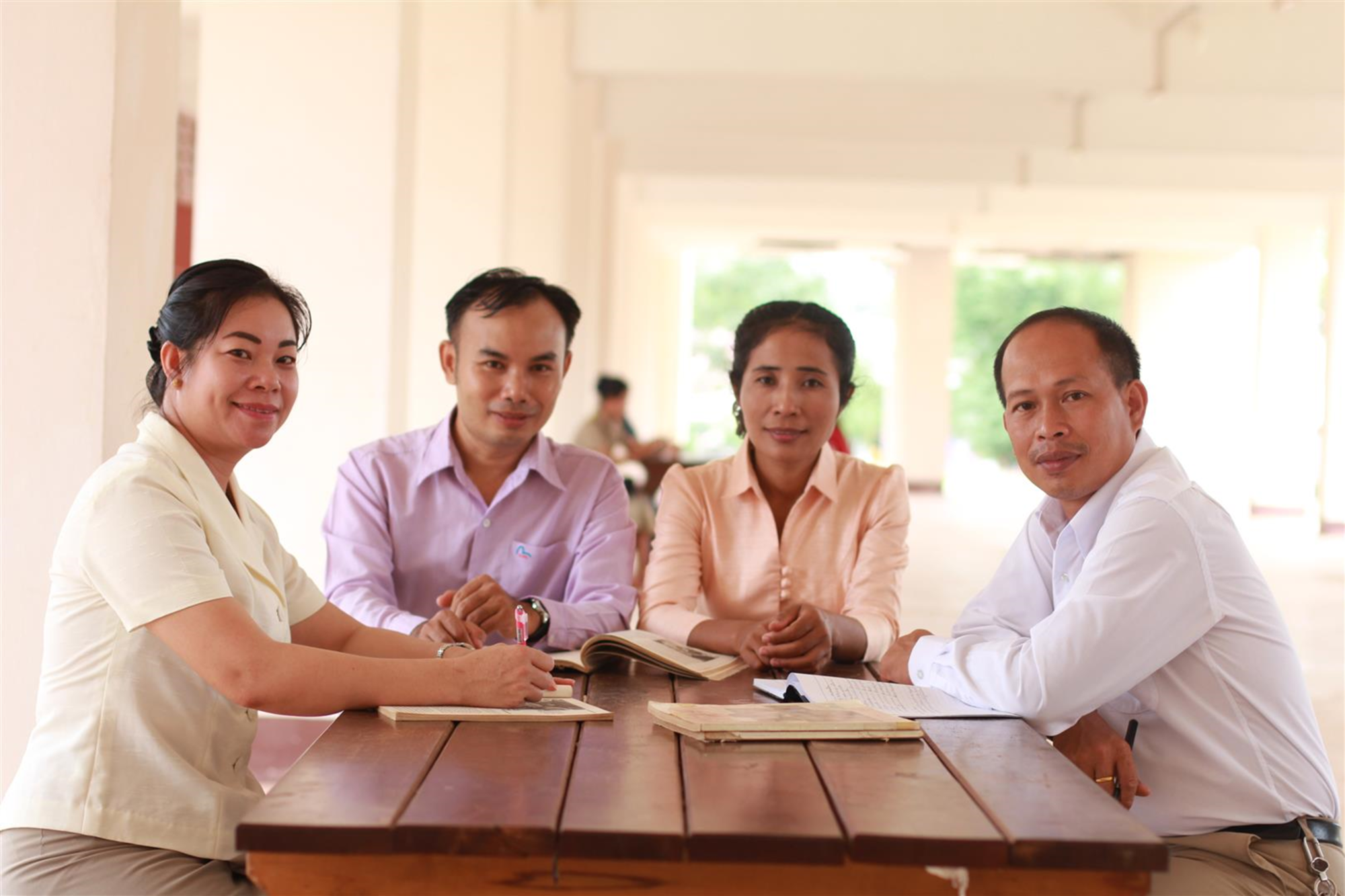

Tetra Tech manages the Basic Education Quality and Access in Lao PDR (BEQUAL) program to deliver improved educational outcomes for the children of Laos.
The program, funded by the Australian Government and the European Union, supports the Government of Laos’ Ministry of Education and Sports to increase the number of boys and girls who attend school and get a better basic education, particularly for those children living in the country’s 66 most disadvantaged districts, identified as needing most help for families and schools.
Along with the Australian Government and the European Union (EU) as donors, implementation partners include UNICEF, the World Food Program and other Non-Government Organisations (NGOs). The program has five key result areas including improved policy, planning and coordination; increased participation; teacher education; teaching and learning resources and school infrastructure.
Teacher education is a significant element of the program, and particularly education for local student teachers. The Ethnic Teacher Scholarship Program offers scholarships to students from some of Laos’ disadvantaged villages to study at teacher training colleges in Luang Namtha, Savannakhet or Salavan in Laos.
“The scholarship allows me to further my education and develop my skills. I am happy that the scholarship has reached our ethnic community in a very remote area.”
Supporting children’s learning: why local teachers are so important
The notion of local or ‘home grown’ teachers is considered vital in the Lao context, where children come from a range of remote regions and linguistic backgrounds when they start school. They can be passionate about benefitting their own community and tend to stay in the region. This alleviates the high teacher shortages and turnover rates in remote disadvantaged locations.
They understand the language and culture of the students, having grown up in the same area. This provides a better quality learning experience, and more support for the children, which increases the likelihood they will remain in school.
Finally, local ethnic teachers act as a role model for the children, encouraging them to continue their education in a country where too few ethnic students succeed. Home grown teachers can play an important role in encouraging children’s attendance.
Supporting ethnic teachers
BEQUAL’s Ethnic Teacher Scholarship Program is supporting 520 local student teachers – mostly women – by providing them with scholarships to become educators in their village primary schools. The student teachers are faced with many challenges: some are from poor subsistence farming families while others are from remote areas with limited or no transportation available in order to continue higher education. The scholarships assist by providing students with a monthly stipend, travel expenses, health insurance, and stationery and learning materials. The participating Teacher Training Colleges provide registration fees, accommodation, extra tuition and teaching materials that can be used in the classroom on return to their village.
In 2016, 217 students have been awarded ethnic teacher scholarships, and are now studying to become qualified teachers.Some of this year’s scholarship recipients explain why the scholarships are so important.
“I am very proud that I can further my education as a teacher. My parents who cannot support me to study are also proud of me.”
“The primary school in my village does not have enough teachers. Therefore, I am glad to be trained as a teacher at the teacher training centre. I will go back to my village to teach at the school there.” Mr Asa Xaejorthu
“I am very proud that I can further my education as a teacher. My parents who cannot support me to study are also proud of me”, Miss Khaen Keomany
“I got a chance to meet with a lot of people from different ethnic communities. We become good friends who help and support each other. We also learn a new culture and language”, Mr Khao Thaipaseuth
“The scholarship allows me to further my education and develop my skills. I am happy that the scholarship has reached our ethnic community in a very remote area”, Miss Lidavanh Sithivong
“The scholarship does not only support my studies, it also supports the accommodation, health care, travel expenses and other necessities”, Lar Ja Nga
Tetra Tech is proud to manage BEQUAL, by supporting teachers and improving their education and that of their communities by equipping them with the skills to provide a quality basic education to children throughout Lao’s most disadvantaged areas.



